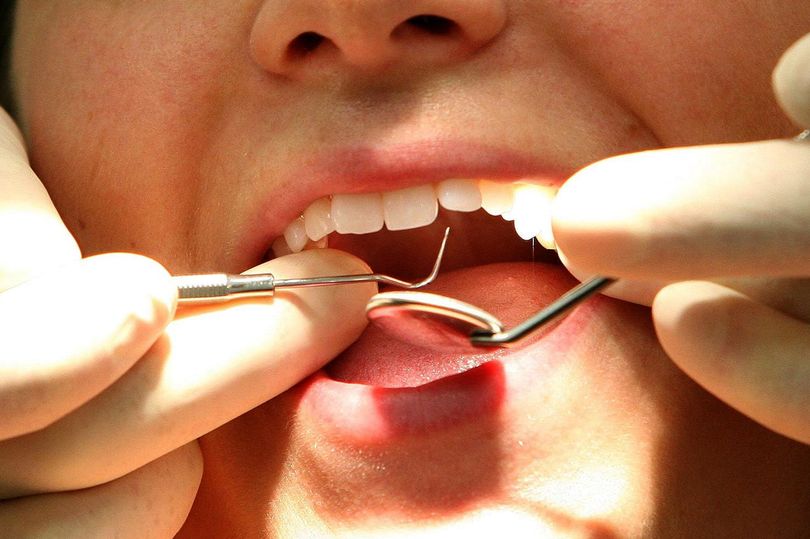Proposed Reforms to Overhaul the NHS Dental System
The UK government has introduced a series of potential reforms aimed at addressing what it describes as a “broken” NHS dental system. These proposals, if approved, could bring significant changes to how dental care is delivered and managed within the public health sector.
One of the key suggestions under consideration is that dentists must provide a set number of urgent and unscheduled care sessions each year. This move is intended to ensure that patients with immediate dental needs receive timely attention. Additionally, newly qualified dentists may be required to work within the NHS for a minimum of three years. The goal of this measure is to increase the availability of appointments and improve access to dental services across the country.
Another proposed initiative involves introducing a specialized treatment program for patients suffering from severe gum disease or those with at least five teeth affected by decay. This targeted approach aims to address complex cases that are often difficult to manage under the current system. Alongside this, there are plans to allocate more funding for modifications to dentures, which could enhance the quality of care for patients reliant on these devices.
Ministers believe that these changes will encourage dentists to take on more challenging cases, which are frequently handled at a financial loss in the present setup. By offering better incentives, the government hopes to create a more sustainable and effective system for treating patients with complex dental needs.
Focus on Preventative Care for Children
In addition to these measures, the Department of Health and Social Care has announced plans to implement stronger preventative strategies for children’s oral health. This includes the wider use of tooth resin sealants for children who have a history of dental decay. Another initiative involves applying fluoride varnish without requiring a full dental check-up, making it easier for young patients to benefit from this protective treatment.
These efforts are part of a broader strategy to reduce the prevalence of dental problems among children and improve long-term oral health outcomes.
Consultation Period and Implementation Timeline
The proposed reforms will now go through a consultation period, which is expected to last six weeks and conclude on August 19. If approved, the changes are likely to come into effect from April next year. This timeline allows stakeholders, including dental professionals and patient groups, to provide feedback before any final decisions are made.
Industry Response and Ongoing Challenges
The British Dental Association has responded to the announcement by calling for the reforms to be implemented quickly. However, the association also highlighted that the current system remains “broken” and requires substantial improvements. Recent surveys indicate that satisfaction with NHS dentistry has reached a record low, with over one in four adults reporting difficulties in accessing dental care.
Health Minister Stephen Kinnock acknowledged the challenges faced by the NHS dental system, stating that it was in crisis when the government took office. He noted that steps have already been taken to address the issue, such as increasing the number of urgent and emergency appointments and introducing supervising toothbrushing programs for children in deprived areas.
Kinnock emphasized that the reforms aim to restore confidence in the NHS dental service by tackling systemic issues. He described the changes as necessary to build an NHS that is fit for the future, ensuring that poor oral health does not hinder individuals from entering or remaining in the workforce.
Conclusion
The proposed reforms represent a significant step towards improving the NHS dental system. While the initial focus is on increasing access, enhancing preventative care, and addressing complex cases, the success of these measures will depend on their implementation and the continued support of dental professionals. With the consultation period underway, the coming months will be crucial in determining the future of dental care in the UK.







